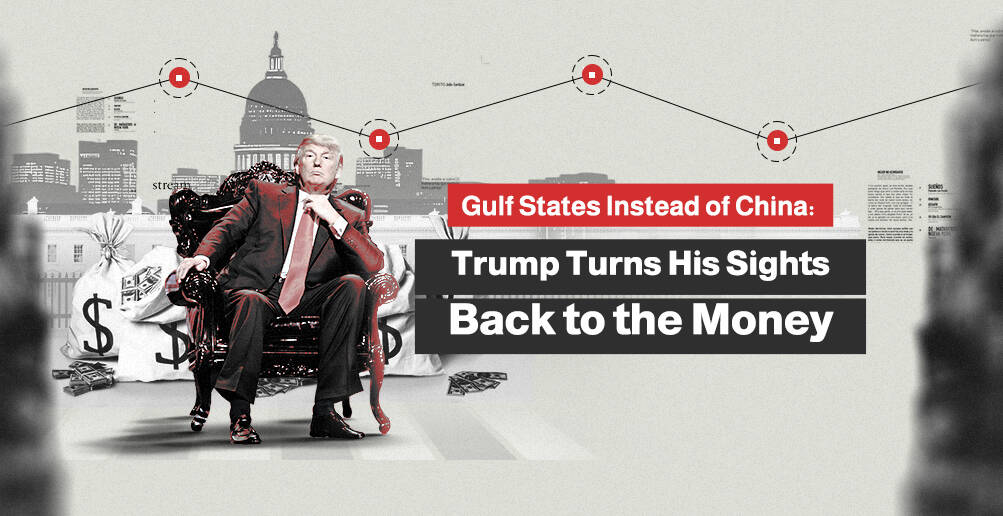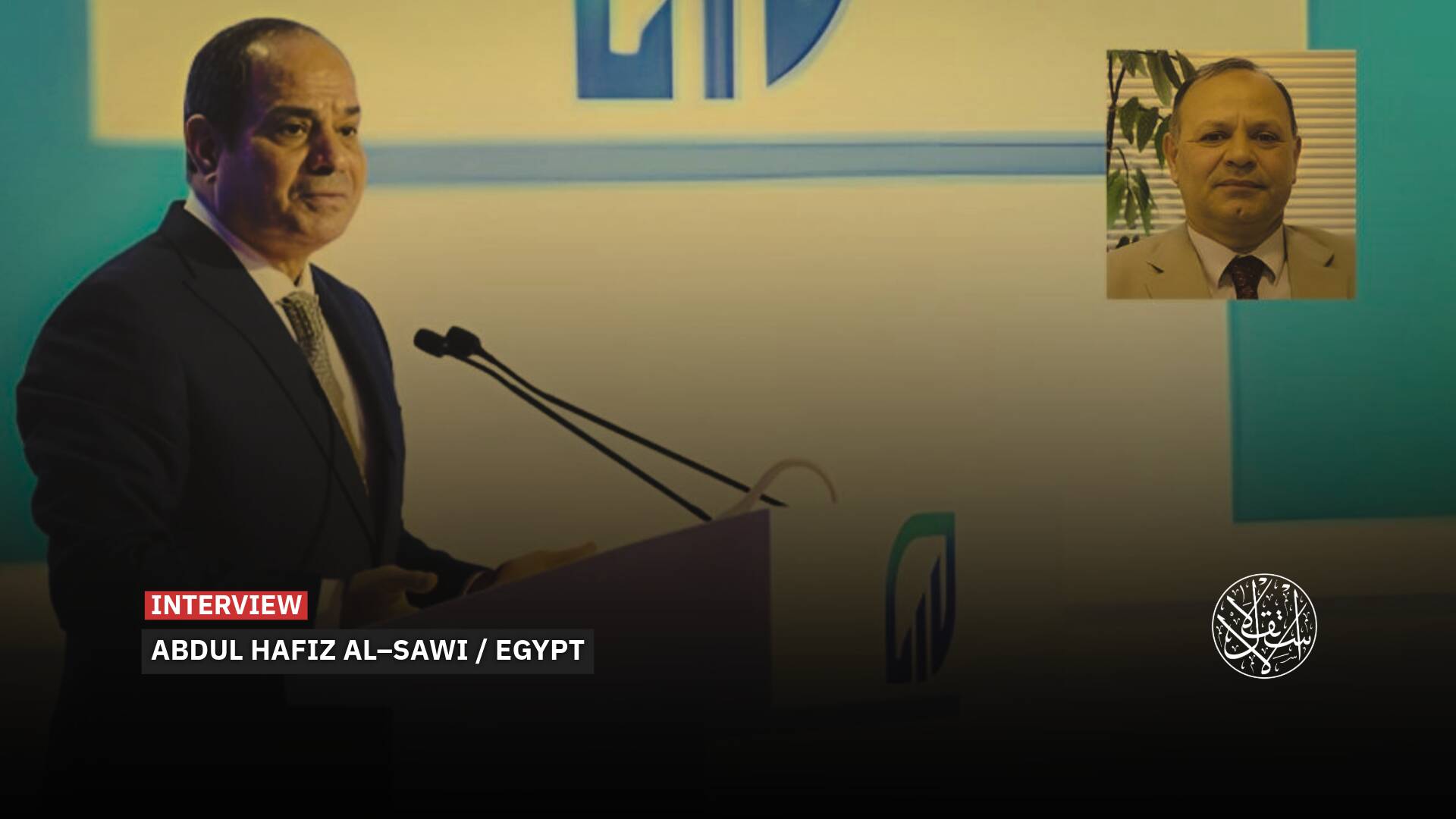How “Israel” Launched Secret War against International Criminal Court

“The U.S., Germany and the UK opposed ICC Prosecutor Karim Khan's decision to seek arrest warrants against Israeli leaders.”
For a decade, “Israel” has waged a real shadow war aimed at dissuading the International Criminal Court (ICC) from prosecuting its leaders, as revealed by an investigation conducted by the Guardian, the Israeli news website +972, and the Hebrew-language Local Call magazine.
The investigation showed that secret Israeli procedures likely slowed down the work of judges, who examined crimes committed by “Israel” in the occupied Palestinian territories since 2015.
The investigation pointed out that these procedures have recently failed to dissuade the ICC from looking into the ongoing war on Gaza, and from issuing arrest warrants against Prime Minister Benjamin Netanyahu and his Defense Minister Yoav Gallant on charges of committing crimes against humanity and war crimes.
On the other hand, the Israeli Prime Minister's Office responded to the report, describing the information as false and baseless allegations.
According to one Israeli source, a large whiteboard in the Israeli Intelligence Directorate contains the names of about 60 people under surveillance — half of them Palestinians and the other half from other countries, including UN officials and International Chamber of Commerce staff.
Secret War
ICC Prosecutor Karim recently issued a vague warning of the need to immediately stop all attempts aimed at obstructing, intimidating, or inappropriately influencing the court’s judges while announcing that he is seeking to issue arrest warrants against Israeli Prime Minister Benjamin Netanyahu and his Defense Minister Yoav Gallant.
Khan did not provide specific details about these interference attempts or who was behind them, but he pointed to a clause in the court’s founding treaty that makes any such interference a criminal offense, adding that if this behavior continues, his office will not hesitate to act.
However, a recent, thorough investigation conducted by the Guardian revealed that “Israel” waged a secret war that lasted nearly 9 years against the work of the court to obstruct any investigation aimed at revealing the practices of the Israeli Occupation in the occupied Palestinian territories.
Among them, the Israeli intelligence service “Mossad” deployed surveillance agencies and attempted to hack the phones of Khan and his predecessor, Fatou Bensouda, through the Pegasus program, including intercepting calls, phone messages, and emails.
“Israel” was not satisfied with that; it also exerted intense pressure and threatened senior officials with distorting their reputation.
The Guardian said that intense Israeli espionage conducted by Mossad provided Benjamin Netanyahu with advance knowledge of the Attorney General’s intentions, as a recent intercepted message indicated that Khan had planned to issue arrest warrants against Israelis, but was facing significant pressure from the United States.
The investigation was based on interviews with more than two dozen current and former Israeli intelligence officers, government officials, senior ICC figures, diplomats, and lawyers familiar with the ICC case and Israel's efforts to undermine it.
A former Israeli intelligence official said that it was the specter of prosecutions that prompted the entire military and political establishment to consider the counterattack against the ICC, a war that Tel Aviv needed to wage.

The newspaper confirmed that former Mossad chief Yossi Cohen, in a series of secret meetings, reportedly threatened former ICC prosecutor Fatou Bensouda multiple times, pressuring her to drop investigations into Israeli war crimes in the Palestinian territories.
The newspaper quoted an informed Israeli source as saying that Mossad’s goal was to bargain with the Public Prosecutor by threatening or cooperating with regard to Israel’s demands; another source said that Cohen was Netanyahu's unofficial messenger.
According to the Guardian, the meetings between Cohen and Bensouda took place in the years preceding her decision to open an official investigation into war crimes and crimes against humanity in 2021, an investigation reached its peak a week ago, especially after her successor, Karim Khan, announced that he was seeking to issue an arrest warrant against Israeli leaders.
Sources told the newspaper that Bensouda informed a small group of senior ICC officials about Cohen’s attempts to influence her.
According to accounts shared with ICC officials, he is alleged to have told her: “You should help us and let us take care of you. You don’t want to be getting into things that could compromise your security or that of your family.”
The Mossad also took a keen interest in Bensouda’s family members and obtained transcripts of secret recordings of her husband, according to two sources with direct knowledge of the situation. Israeli officials then attempted to use the material to discredit the prosecutor.
It indicated that Israel received support from the former president of the Democratic Republic of the Congo, Joseph Kabila, who played a role in the process of pressuring Bensouda.
The Guardian pointed out that Israeli intelligence operations against the ICC received special attention from Netanyahu, as one intelligence source described him as obsessed with the case.

Criminal Offense
Efforts by Israeli intelligence agencies to undermine and influence the ICC could amount to crimes against the administration of justice and should be investigated by the court's chief prosecutor, international law experts have told the Guardian.
Such conduct may constitute a criminal offense under Article 70 of the Statute of the Court relating to the Administration of Justice.
Toby Cadman, an international law specialist in the field of international criminal and humanitarian law, said the Guardian's findings were alarming and included allegations that constituted an attempt to pervert the course of justice by using threats against former ICC prosecutor Fatou Bensouda.
He explained that anyone who tries to obstruct the Attorney General's independent investigations should face consequences.
On his part, Matt Cannock, head of Amnesty International's Center for International Justice in The Hague, said “It is quite clear that many of the examples highlighted in the report may rise to the level of crimes under Article 70.”
Such charges should be brought against anyone who seeks to obstruct, intimidate, or corruptly influence ICC officials, he added.
“It is difficult to imagine what could be a more egregious attempt to interfere with the prosecution process unlawfully,” said another ICC expert, Mark Kersten, an Assistant Professor focusing on international criminal law at the University of the Fraser Valley.

The United States, along with the United Kingdom and Germany, opposed Khan's decision to seek arrest warrants against Israeli leaders.
Some Republican members of the US Congress called for sanctions on the ICC in response, but the White House later said it would not do so.
On his part, analyst Ismail Maslamani said in a statement to Al-Estiklal that “the terrible Israeli tactics that were used against the Palestinians earlier are now being used against international officials within one of the most important organizations in the world.”
“The international community must now either protect international law and international institutions or destroy the rules-based order in order to defend Israel,” he added.










